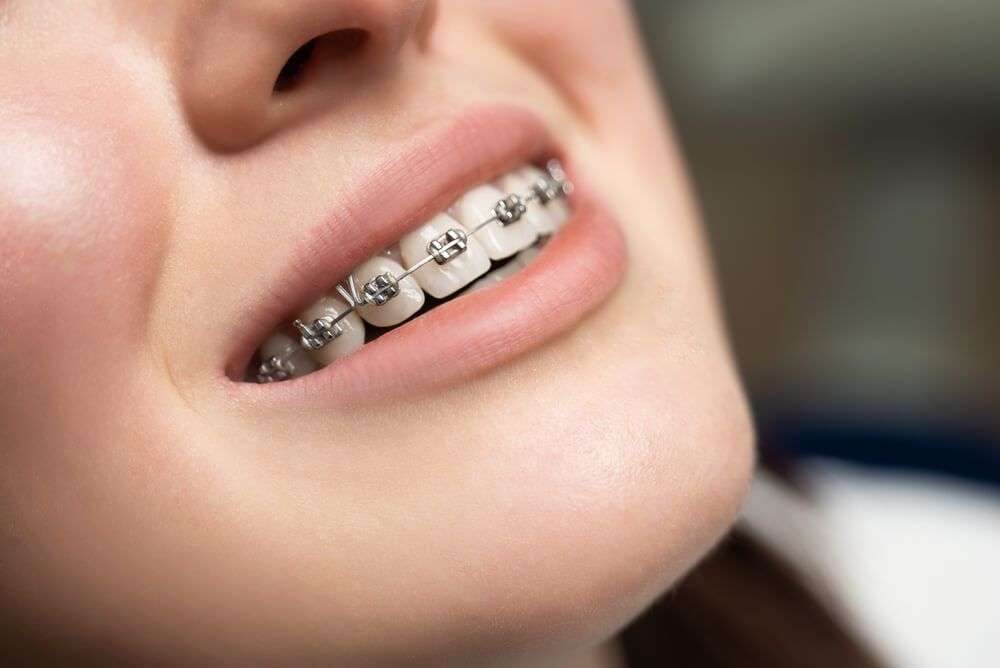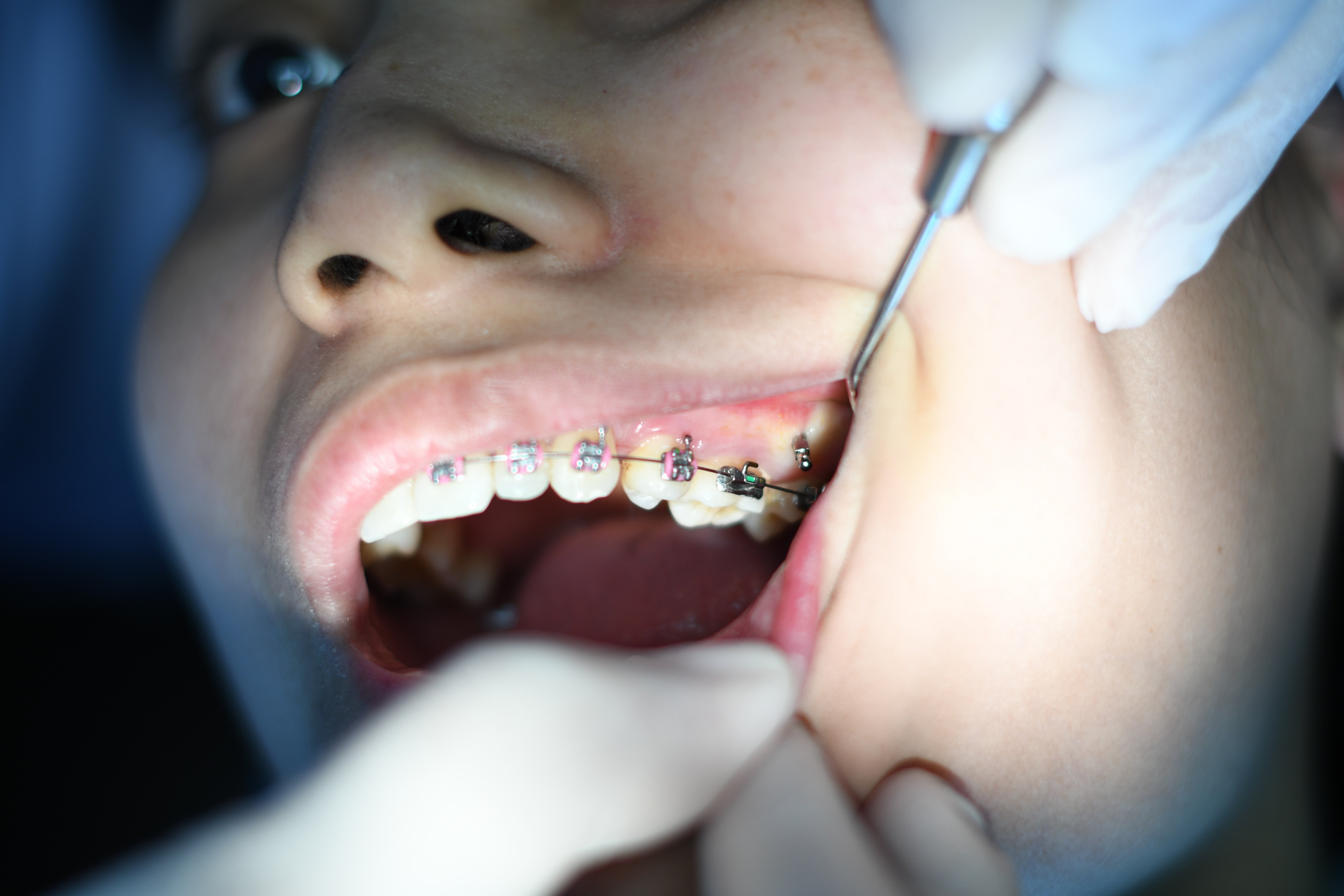Discover the distinctions between dentists and orthodontists and how they can help you achieve optimal oral health.
What is a Dentist?
A dentist is a healthcare professional who specializes in oral health. They are trained to diagnose, treat, and prevent various dental conditions. Dentists are responsible for performing routine dental check-ups, cleaning teeth, and treating issues such as tooth decay, gum disease, and tooth loss. They can also provide cosmetic dental procedures such as teeth whitening and veneers.
To become a dentist, one must complete a bachelor's degree followed by four years of dental school. After graduation, dentists may choose to further specialize in areas such as orthodontics, periodontics, or oral surgery through additional training and education.
Dentists play a crucial role in maintaining good oral health and preventing dental problems. It is recommended to visit a dentist at least twice a year for regular check-ups and cleanings.
What is an Orthodontist?
An orthodontist is a dental specialist who focuses on the alignment of teeth and jaws. They specialize in the diagnosis, prevention, and treatment of dental and facial irregularities. Orthodontists use braces, aligners, and other appliances to correct issues such as crooked teeth, overcrowding, and misaligned bites.
To become an orthodontist, one must first complete a bachelor's degree followed by four years of dental school. After dental school, orthodontists undergo additional training in orthodontics, usually through a residency program. This specialized training equips them with the knowledge and skills to diagnose and treat complex orthodontic cases.
Orthodontists can help improve not only the appearance of your smile but also your overall oral health. They can address issues that may affect your bite, jaw function, and speech. If you have concerns about the alignment of your teeth or jaws, it is recommended to consult an orthodontist for evaluation and treatment options.
Education and Training
Both dentists and orthodontists undergo extensive education and training to practice in their respective fields. They are required to complete a bachelor's degree, followed by four years of dental school. During dental school, they receive comprehensive training in areas such as anatomy, physiology, pathology, and dental procedures.
After dental school, dentists can choose to start practicing or pursue further specialization through additional training and education. Orthodontists, on the other hand, must complete an additional two to three years of residency in orthodontics. This specialized training focuses specifically on the diagnosis and treatment of orthodontic issues.
Continuing education is also important for both dentists and orthodontists to stay updated with the latest advancements and techniques in their fields.
Scope of Practice
The scope of practice for dentists and orthodontists differs slightly. Dentists provide a wide range of dental services, including preventive care, restorative procedures, and cosmetic treatments. They can perform dental cleanings, fill cavities, extract teeth, and install dental implants. Dentists also diagnose oral diseases and may refer patients to specialists, such as orthodontists, for specialized treatment.
Orthodontists, on the other hand, specialize in the alignment of teeth and jaws. They focus on correcting malocclusions (improper bites) and improving the overall alignment and appearance of the teeth. Orthodontists primarily use braces, aligners, and other orthodontic appliances to achieve these goals.
While dentists can provide basic orthodontic treatments, complex cases are usually referred to orthodontists for specialized care. Orthodontists work closely with dentists, oral surgeons, and other dental specialists to provide comprehensive treatment.
When to Visit a Dentist or Orthodontist
Knowing when to visit a dentist or an orthodontist can help you maintain optimal oral health. It is recommended to visit a dentist at least twice a year for routine check-ups and cleanings. Dentists can detect early signs of dental problems and provide necessary treatments to prevent further complications.
You should also visit a dentist if you experience tooth pain, bleeding gums, or any other oral health concerns. Dentists can diagnose the underlying cause of these symptoms and recommend appropriate treatment.
If you have concerns about the alignment of your teeth, jaw, or bite, it is advisable to consult an orthodontist. They can evaluate your condition and recommend orthodontic treatments if necessary. Orthodontists can address issues such as crooked teeth, overcrowding, and misaligned bites, which may affect your oral health and overall well-being.


